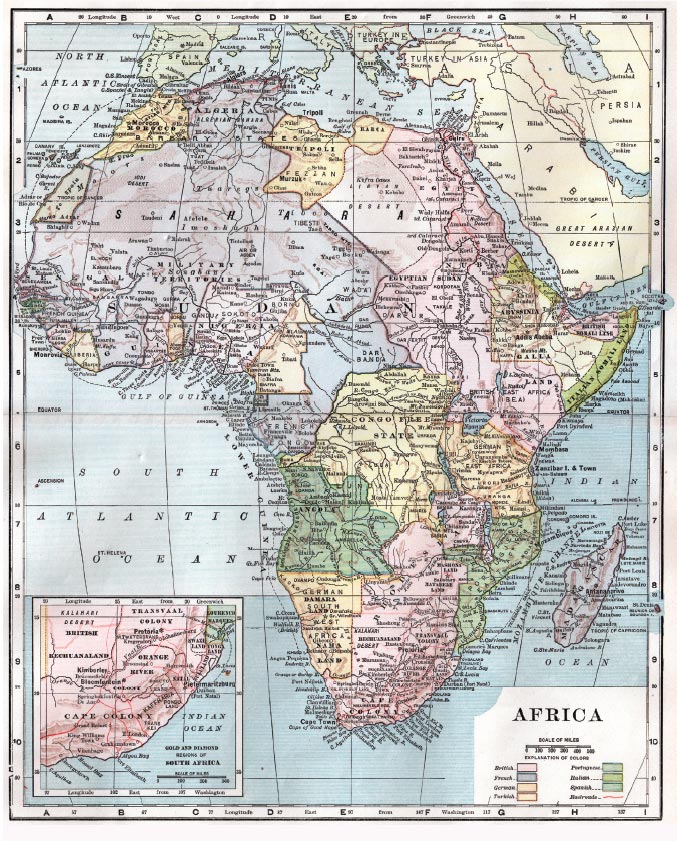Charles Ngwena is Professor in the Centre for Human Rights at UP. His work interrogates the making of Africa and the African race(s), culture(s) and sexuality(ies) in ways that are not just historically conscious but also contest nativism from the outside as well as from within. His research has relevance to the debate and polemics around what is African identity and to the construction of African citizenship in a broader philosophical sense, and contributes towards developing a conceptual framework for, and ways of, understanding inclusive Africanness.
In 1996, Thabo Mbeki’s ‘I am an African’ speech to the South African Parliament marked an important point in the debate and polemics when he articulated an ontology of Africanness in which race was decentred. Twenty years later, Professor Ngwena’s research highlights that we are never quite finished constructing our African identities for our own selves, or having identities constructed for us. His book, What is Africanness to Me? Contesting nativism in race, culture and sexualities (forthcoming), is a timely addition to the debates on identity and understanding of self and others.
Identitarian approaches that seem obvious or natural – and command an easy claim to legitimacy and veracity when signifying our collective African selves as completed unities – are in fact partial and situated unities. They have been constructed in the play of power and exclusion. The homogeneities and affiliations they proclaim are neither natural nor inevitable as they are the outcome of knowledge, power and positionality. His research draws from the work of antifoundational theorists to argue that when thinking about Africanness, dichotomous foundational categories do not serve us well and, for that matter, any identity category. Africannness is extraordinarily diverse precisely because it is situated in a multiplicity of histories, cultures and subjectivities that speak less to African identity in the way it has been espoused in colonial discourses and by ideologues of identity, and more to African identifications in the sense intended by Stuart Hall, the late sociologist and cultural theorist.
The work cautions against past and present efforts to reconstitute Africanness in order to retrieve, rediscover, or develop a pristine authentic African episteme or an uncontaminated African Weltanschauung. Such a project is fraught with the dangers of inclining us towards the very outcome we wish to avoid – the essentialisation or even petrification of Africanness shorn of the temporal present and its historical entanglements. We need to be able to imagine Africanness not only along an axis of similarity and continuity but also along an axis of difference and rupture.
 Map of the African continent published in 1904. (Source: Wikimedia.org)
Map of the African continent published in 1904. (Source: Wikimedia.org)